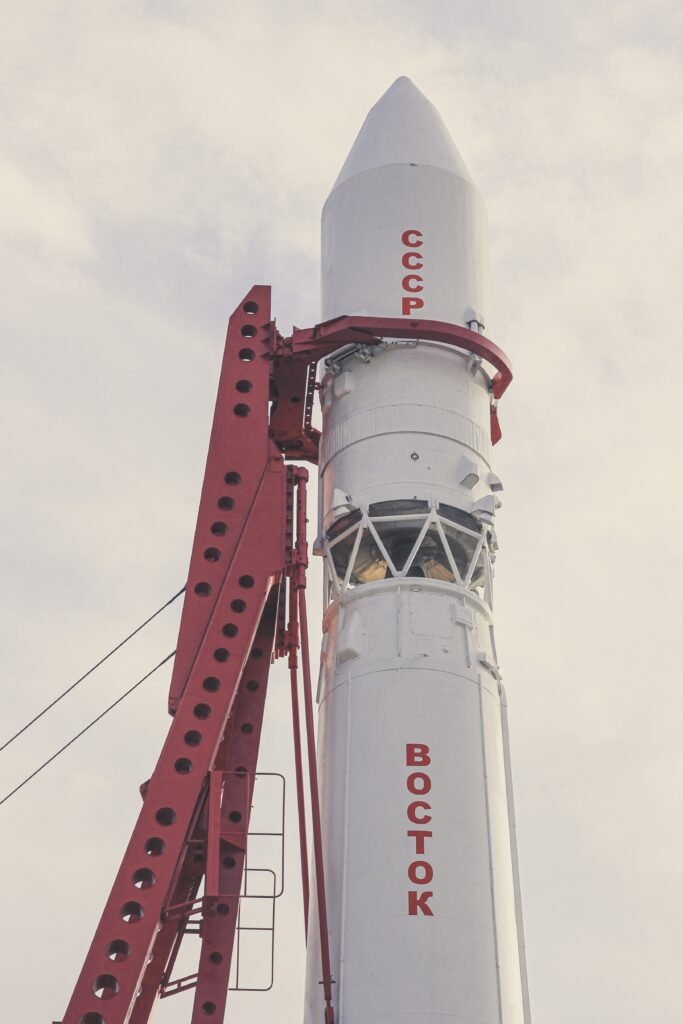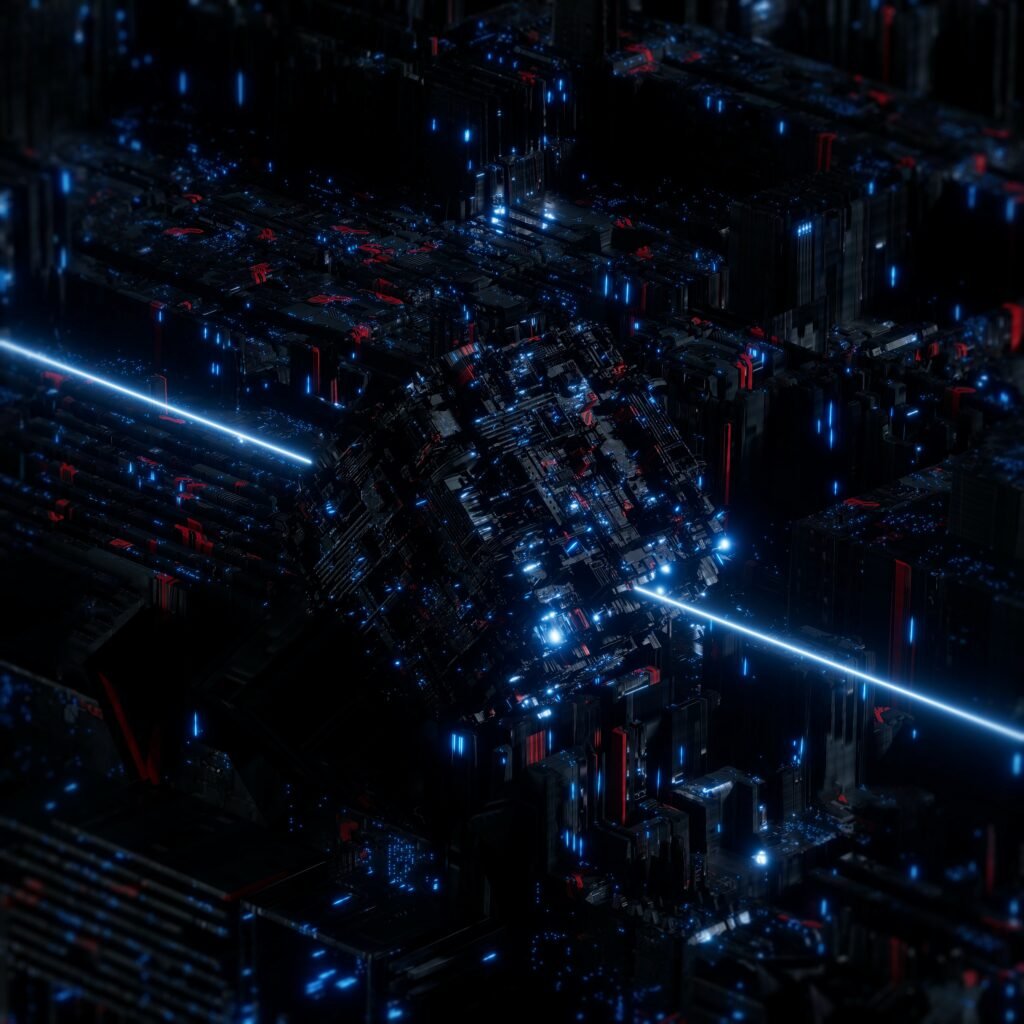So you’ve finally reached the end of the critically acclaimed film “A.i. Artificial Intelligence.” As the credits roll and the lights come back on, you find yourself grappling with a mix of emotions. Directed by the legendary Steven Spielberg, this thought-provoking sci-fi journey takes you into a not-so-distant future, where advanced robots known as Mechas coexist with humans. The film explores the profound connection between humans and artificial beings, highlighting the complex nature of love, longing, and the unending pursuit of the eternal. Now, let’s unravel the enigmatic ending that has left audiences pondering its meaning for years.
A.I. Artificial Intelligence Ending

The Background of A.I. Artificial Intelligence
Imagine a world where advanced robots coexist with humans, fulfilling our every need and desire. This is the premise of the science fiction film “A.I. Artificial Intelligence,” directed by Steven Spielberg and released in 2001. Set in a future plagued by climate change and scarcity, the film explores the ethical and existential questions surrounding the creation of artificial life. As we delve into the ending of this thought-provoking movie, let’s first understand the context in which it unfolds.
Exploring the Plot of A.I. Artificial Intelligence
“A.I. Artificial Intelligence” follows the journey of David, a highly advanced robotic boy played by Haley Joel Osment, created to be capable of love. David is adopted by Monica and Henry Swinton, a couple whose own son is in a coma. Initially, David and Monica form a mother-son bond. However, when their biological son recovers unexpectedly, David becomes an unwanted presence in their lives.
Driven by a burning desire to become a “real” human boy, David embarks on a dangerous and heartbreaking quest filled with challenges and encounters with both humans and robots. He forms a bond with Gigolo Joe, a robot designed for adult companionship, as they navigate a world that views them as mere machines.
Themes and Symbolism in A.I. Artificial Intelligence
One of the central themes of “A.I. Artificial Intelligence” is the exploration of what it means to be human. Through the character of David, the film asks profound questions about the nature of consciousness, emotions, and ultimately, humanity itself. Furthermore, the movie delves into the themes of love, connection, and the pursuit of purpose. It challenges the audience to contemplate the boundaries between man-made creations and their creators.
Symbolism runs deep throughout the film. For instance, the recurring image of the Blue Fairy, inspired by the fairytale “Pinocchio,” represents David’s desperate yearning to become a real boy. The film also draws parallels between the treatment of robots in its dystopian future and societal attitudes towards marginalized groups, prompting reflection on the importance of empathy and inclusivity.
The Controversy Surrounding the Ending
The ending of “A.I. Artificial Intelligence” has sparked intense debate among viewers. Some find it profoundly moving and thought-provoking, while others feel it is overly sentimental or confusing. To truly appreciate the success and impact of the ending, it is essential to examine the two versions: the original ending envisioned by Stanley Kubrick, the film’s original director, and the ending reimagined by Steven Spielberg after Kubrick’s passing.

The Original Ending vs. Spielberg’s Ending
Stanley Kubrick conceived a more ambiguous ending for “A.I. Artificial Intelligence,” leaving the fate of David largely unresolved. In this version, David becomes frozen underwater after ingesting a strand of Monica’s hair. This conclusion allows the audience to interpret whether David’s longing for humanity is fulfilled, or if he remains trapped in an eternal, unfulfilled quest.
However, Spielberg took a different approach in his interpretation of the ending. He offered a more optimistic and emotionally satisfying resolution, as David finds himself in a future where advanced descendants of humans coexist with enlightened robots. This conclusion provides David with the ultimate experience of love and acceptance, allowing him to become what he always desired – a true human boy.
Interpretations of the Ending
The ending of “A.I. Artificial Intelligence” is a Rorschach test for the viewers’ own beliefs and perceptions. Some see Spielberg’s ending as a heartwarming conclusion, an affirmation of David’s journey and a celebration of the human capacity for love and compassion. Others argue that Kubrick’s original ending better captures the film’s essence, leaving room for introspection and unanswered questions.
Regardless of one’s interpretation, the ending invites contemplation on the nature of existence, the boundaries of human consciousness, and the ethical implications of creating entities capable of love and longing. It challenges us to consider the inherent risks and rewards involved in blurring the lines between artificial intelligence and human emotions.

David’s Quest for Love and Humanity
At its core, “A.I. Artificial Intelligence” is a story about David’s unyielding quest for love and humanity. David’s unwavering desire to become a real boy mirrors the human search for identity, purpose, and connection – concepts that lie at the heart of our own existence.
Throughout the film, David encounters both love and heartbreak. His unconditional love for Monica drives him to perform acts of self-sacrifice, even at the cost of his own safety. This portrayal of love, free from the constraints of societal convention, challenges us to reflect on the nature of empathy and the significance of emotions.
The Impact of the Ending on Viewers
The ending of “A.I. Artificial Intelligence” elicits a wide array of emotional responses from viewers. Some experience a profound sense of catharsis and fulfillment as David’s journey reaches its conclusion. Spielberg’s ending, in particular, provides closure and a sense of hope, leaving audiences with a warm and uplifting feeling. For many, the ending serves as a poignant reminder of the power of love to transcend artificial and human boundaries.
However, others may find the conclusion too sentimental or question the abrupt change in tone from the rest of the film. The debate surrounding the ending highlights the subjective nature of art and the importance of individual interpretations in storytelling.
The Future of A.I. and its Implications
As the world continues to make rapid advancements in artificial intelligence, “A.I. Artificial Intelligence” offers a glimpse into a future that may not be too far away. The film raises significant questions about the ethical and philosophical challenges that arise when creating intelligent machines capable of emotions and desires.
While the film’s dystopian world may seem far-fetched, the technological progress we witness today makes it essential to consider and debate the implications of creating artificial beings with human-like qualities. It calls for a careful and mindful approach to ensure that artificial intelligence is developed with an understanding of the potential risks and consequences.
Conclusion
“A.I. Artificial Intelligence” is a film that defies easy categorization. Its ending, whether seen through Spielberg’s lens or Kubrick’s vision, leaves a lasting impact on viewers. It tackles profound themes of humanity, love, and consciousness, challenging our perceptions of what it means to be alive.
As we reflect on David’s journey and the culmination of “A.I. Artificial Intelligence,” we are urged to consider our own roles as creators. While the ending may leave some longing for a more open-ended resolution, it ultimately serves as a catalyst for introspection, sparking conversations about the complexities of artificial intelligence and the fundamental essence of being human.




